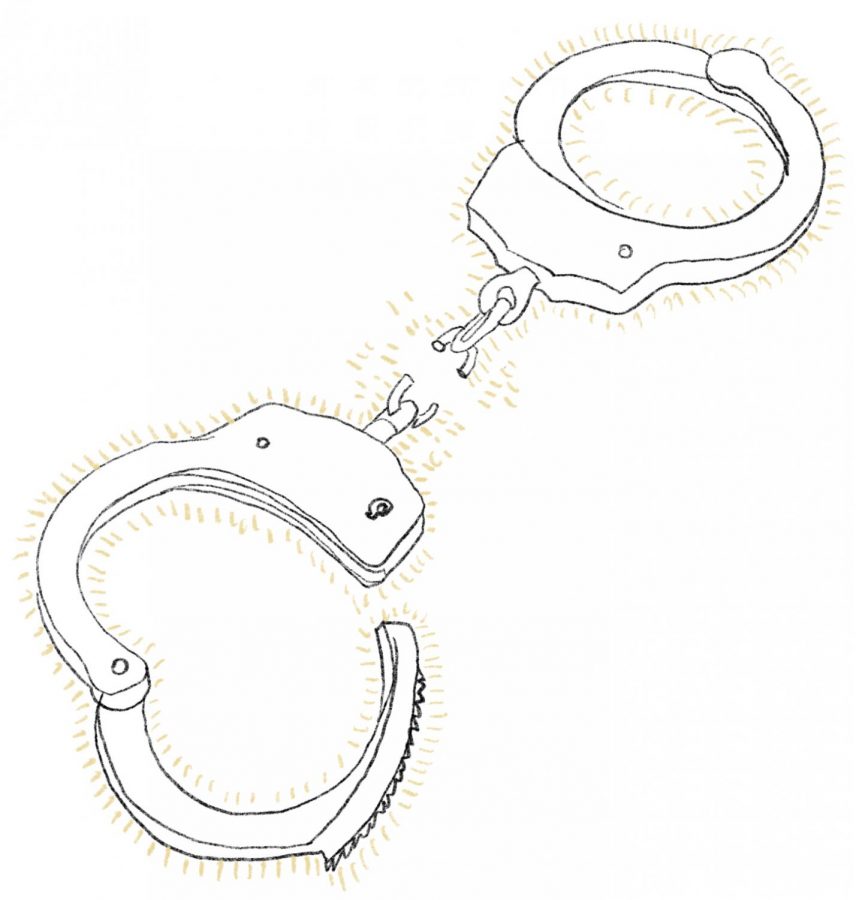9/11’s Twentieth Anniversary: A Time to Reckon on Guantanamo Bay
October 3, 2021
While United States troops leaving Afghanistan is newsworthy itself, that decision has had rippling effects, one of which has been on the infamous Guantanamo Bay.
Since the 9/11 terrorist attack 20 years ago, 800 men have passed through Guantanamo Bay’s prison, with the most (219) being from Afghanistan. 39 of them are still there today. This past summer, President Biden, who previously said he wishes to close the prison, released several inmates. Unfortunately the process of freeing more halted come September due to photos connecting former Guantanamo inmates and the Taliban.
While there is substance behind American fears that inmates, upon being freed, would simply join or rejoin terrorist groups, there is also significant evidence that argues the opposite. In fact, it suggests that many inmates shouldn’t have been imprisoned in the first place. Business Insider recently wrote that 27 of the current 39 inmates at Guantanamo Bay have never even had a trial. The New York Times reported that of the 800 prisoners that have been at Guantanamo, 732 have been transferred or released for various reasons, one of which being they were completely innocent. Furthermore, the Human Rights Watch reported that the vast majority of former prisoners have not participated in terrorism at all after their release. This is all sufficient proof that Guantanamo has been mismanaged over the years, and that it is time to consider it being closed.
The movie ‘The Mauritanian,’ released this past February, highlighted one case of an innocent man imprisoned at Guantanamo, that of Mohamedou Ould Slahi. Slahi was taken from his home in Mauritania and tortured both physically and psychologically until he admitted an allegiance to the Taliban that he never had. He was then held for fourteen years at Guantanamo without a single charge against him. Even more shocking is that he spent seven of those years at Guantanamo after his trial, where a US judge declared him innocent. Slahi’s story is another example of the injustice occurring at the prison.
Ultimately, Guantanamo Bay could be out of Biden’s control entirely. Since the Afghanistan War is officially over, the US can no longer hold “enemy combatants” based on crimes or accused crimes that occurred during the war. The argument can still be made that the prisoners should be kept at Guantanamo due to ongoing hostilities in Afghanistan, but trials around the prisoners still need to be prioritized. Without them, it is impossible for prisoners to be released and eventually sent back to their home countries.
In light of the 20th anniversary of the 9/11 attacks, the United States has an opportunity to heal. One way to do that is to prioritize the release or transfer of the remaining prisoners on Guantanamo bay, and close the prison altogether.
This piece also appears in our September 2021 print edition.











